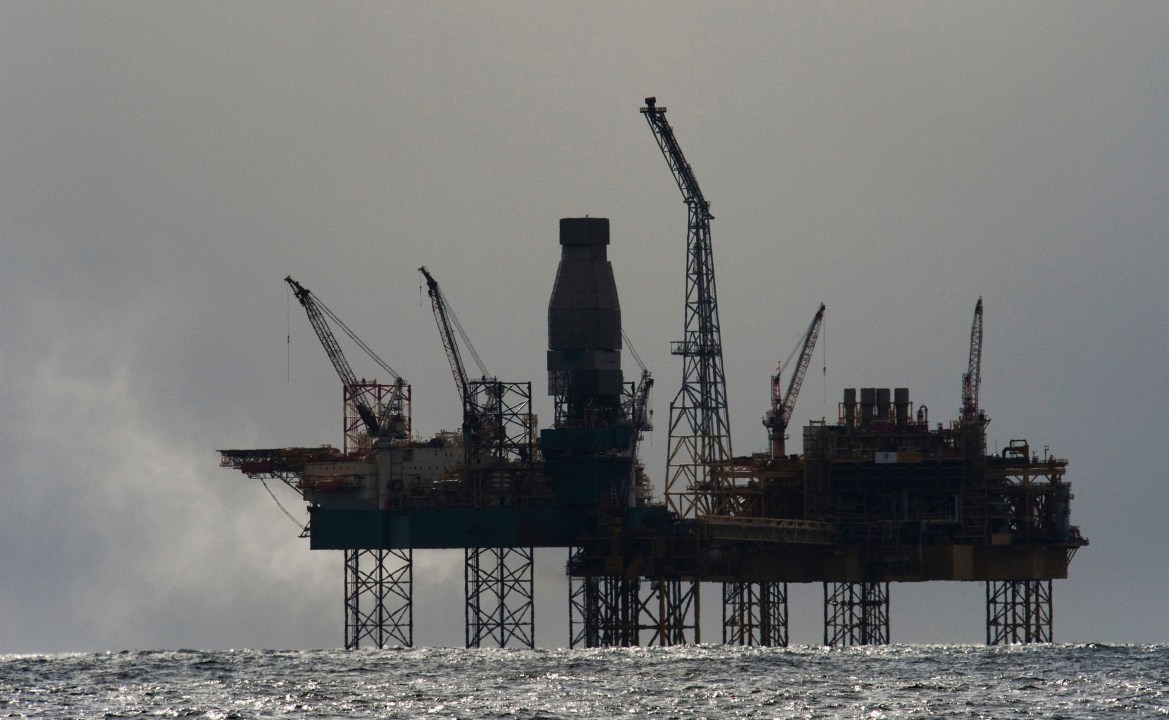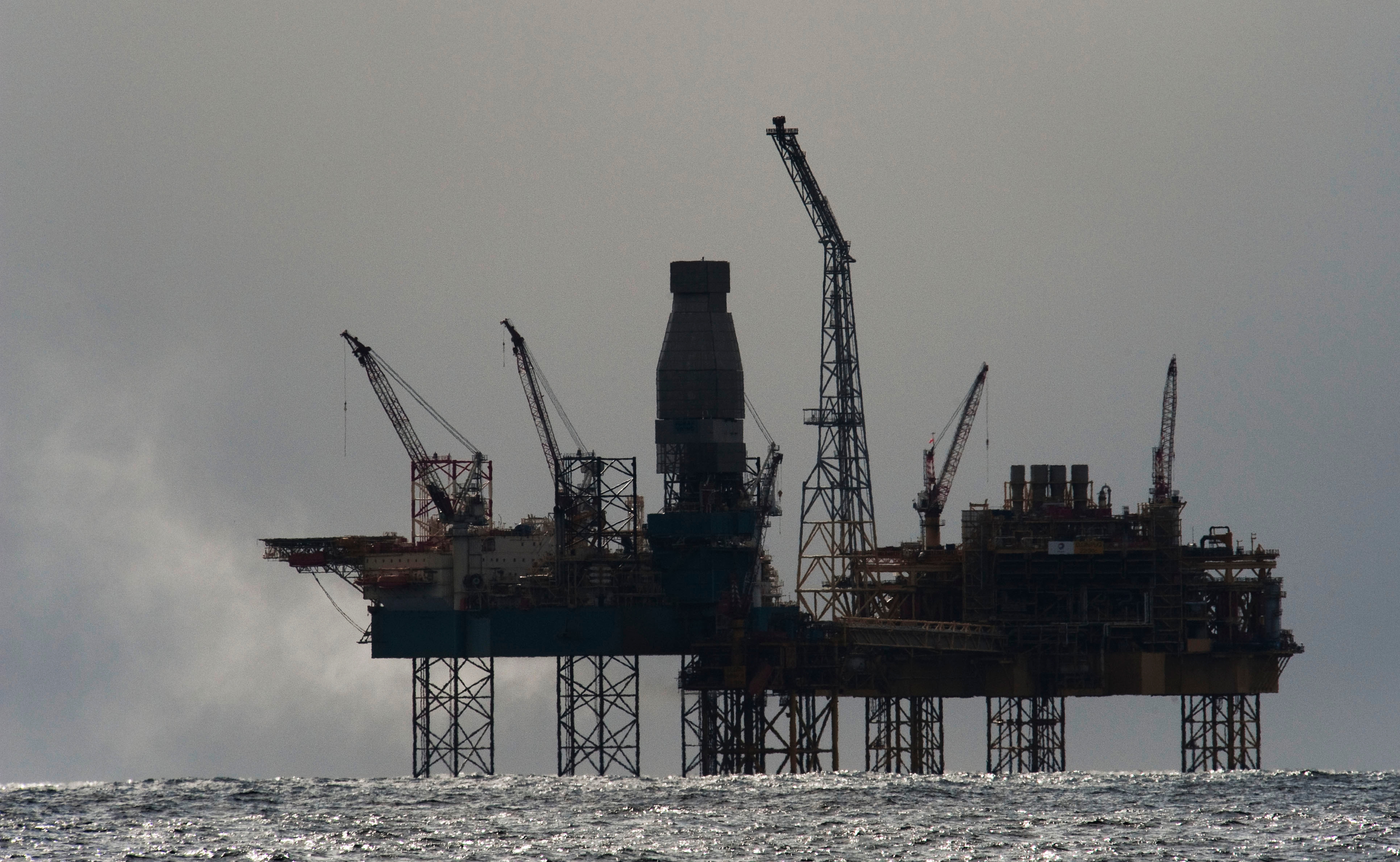The Scottish government published a paper on the national economy today that, according to Alex Salmond and Nicola Sturgeon, makes the case for independence. You can read the pamphlet here or the BBC’s summary of it here. Most of it was relatively uncontroversial. As Salmond himself said “even” Unionists agree Scotland could survive and perhaps even prosper as an independent nation state. It would be depressing if this were not the case after 300 years of Union.
But since we all – or most of us, anyway – agree with that one wonders why so many nationalists continue to argue as though anyone who disagrees with them (on just about any matter) is automatically guilty of “talking Scotland down” or believing that Scotland really is “too poor, too wee, too stupid” to make its ain way in the world. I concede that raising certain practical difficulties can sometimes seem like “scaremongering” (another favourite nationalist theme) but sometimes these are also just questions to which it would be useful if the Yes campaign had more persuasive answers. Jim Sillars, for whatever it may be worth, seems to agree with this view.
In actual fact most of what Salmond and Sturgeon proposed today could largely be achieved without leaving the Union at all. Some form of “devo-max” or “full fiscal autonomy” or “Real Home Rule” or whatever else you want to call it would see control of many of the sainted “levers” lodged in Edinburgh.
Be that as it may, today’s paper also revealed the independence case’s dependency upon North Sea Oil. If the oil were to dry up there’d be, I think, no chance of independence carrying the day. Of course, there is still some hefty quantity of oil in the North Sea and, yes, it is much better to have that resource than not to have it.
But consider the figures. Scottish offshore revenues generated from a geographical share of hydrocarbon resources amounted to £10.6bn in 2011-12. By comparison, Scottish income tax receipts totalled £10.8bn. Oil revenues amounted to 16% of all Scottish tax revenue.
And thank heavens for that. Estimated public spending, as identified by the Scottish government, amounted to £64.5bn in 2011-12. Total tax revenue in that year was £56.9bn. Strip out offshore revenues and Scotland’s tax take amounted to £46.3bn.
An oil-financed deficit of this size, in the present economic conditions, is hardly a calamitous problem (at least not for the time being) and of course the SNP claim that, relative to the UK’s current position, an independent Scotland would enjoy lower deficits.
But even if this is so the country’s future is plainly dependent upon oil revenues. These are, of course, volatile. It is not impossible to envisage a tax regime after independence that encourages further investment and higher production (though for how long?). Still, revenues may well increase. They might have to.
Especially since, on the figures produced today, it doesn’t seem obvious (at least to me) where the money will come from to build the sovereign wealth fund that is such an important – and seemingly attractive – part of the SNP’s long-term vision for Scotland.
Increased or, rather, hypothetical, economic growth is part of the answer to that but this, of course, is hardly something that can be guaranteed. The SNP are fond of stressing that $1.5 trillion of oil remains to be extracted from Scottish waters. But unless the industry is nationalised (in whole or part) then those profits will not be spent in Scotland. Nor, unless I am missing something (always possible!) will they contribute to a Scottish sovereign wealth fund.
And since the SNP also wish to increase public spending while cutting tax (or at least leaving the overall tax burden much as it is at present) it is hard to see how everything can be squared.
That’s not to say that Scotland could not thrive and, again, since the oil is there it is silly to make calculations as though it weren’t, but it does remind us that the country’s fiscal well-being is more dependent upon oil than might be considered ideal. Moreover, the ability to invest in an oil fund is surely more limited than commonly imagined (to the extent it is commonly imagined at all).
Comparisons with Norway are not as helpful as they may seem at first blush. Not least because Norway produces much more oil than Britain. Perhaps Scotland could, as I say, increase production but even allowing for the discovery of new fields hydrocarbons are a finite resource. Recognising that was the point of establishing an oil fund that would act as a kind of national rainy day fund. But where will the money come from unless (onshore and offshore) tax receipts rise considerably, public spending is reduced or there is some combination of the two plus, hopefully, robust economic growth?
None of this is to say that it can’t be done, merely that based on the Scottish government’s own figures it will be a close run affair. That’s fine but let’s not be hearing any more of the foolish (and discredited) claim that an independent Scotland will be the sixth wealthiest nation on earth. The people, not being fools, simply don’t believe it. They also know, I think, that Scotland is wealthy enough to do fine but that independence cannot bring about an immediate and magical transformation of the national fortune. It’s good and necessary to have the oil but it’s not necessarily good enough on its own.








Comments